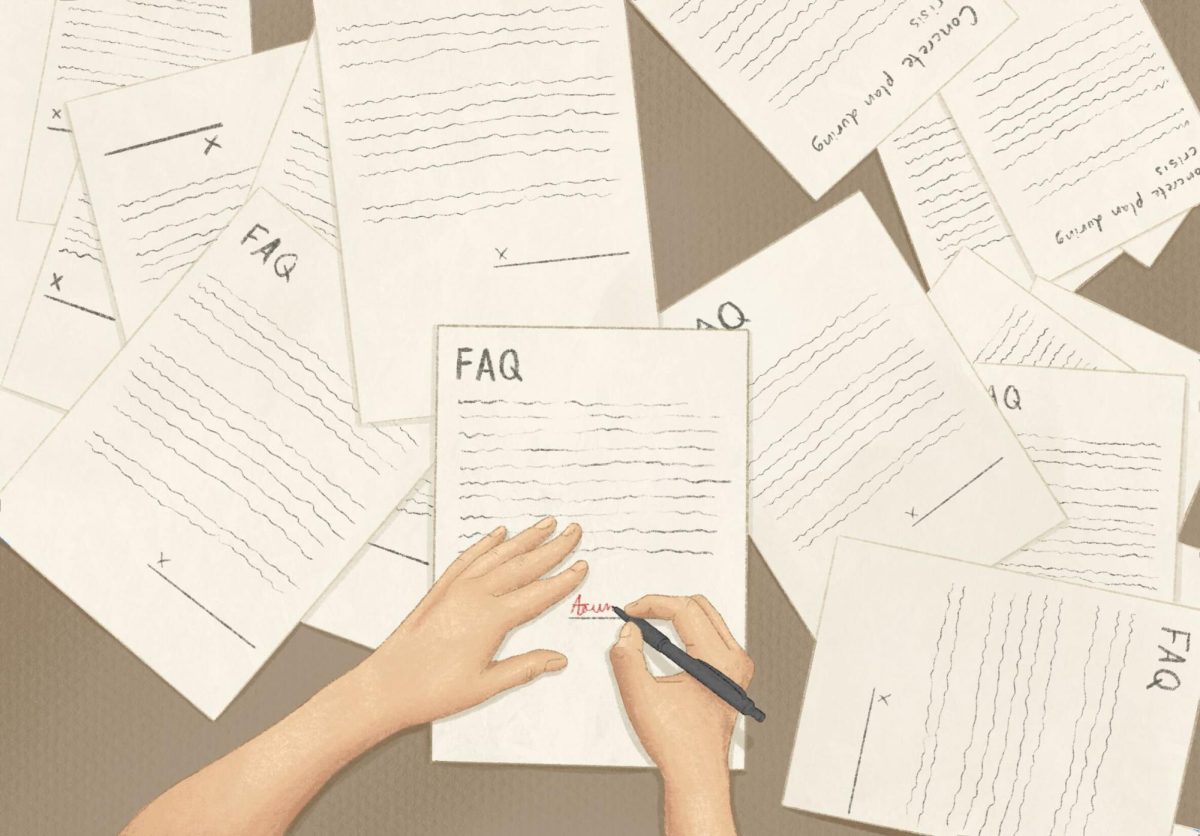During freshmen and transfer orientations, students have to listen to a speech from staff members in the Office of Student Conduct and Conflict Resolution (OSCCR). They discuss the procedures and guidelines for alcohol and drug abuse on campus and what to do if these abuses occur. While it is in fact an important speech, students are left with redundant information about how dangerous drugs can be.
We’ve heard it since elementary school and throughout high school: We can get in serious trouble if we are caught with either alcohol or illegal drugs. Substance abuse awareness classes are a good method of teaching young people about the consequences of using drugs and drinking alcohol, but is it being delivered in the right way?
The Northeastern University Division of Public Safety (NUPD) lists the disciplinary actions of being caught with alcohol underage and illegal drugs. It also lists the policies regarding what is prohibited on campus. While this provides students with information, it also does not give enough information on what can actually happen.
This leaves an open advantage for police officers to enforce their authority if they catch a student with alcohol and/or drugs. The law is the law, but interpretation of the law is ultimately in the hands of the police officers. Our rights can easily be infringed upon if the university is not being clear when an actual situation arises.
When underage students are caught with alcohol or illegal drugs, they must attend a “re-education” session. I cannot fathom how this will teach students to respect the law or learn from their actions. If anything it might make students angry and upset and will cause them to continue with their involvement with drugs and alcohol.
Just like the U.S. government, universities cannot, in reality, maintain a “drug-free environment.” Drug and underage drinking habits will not change by “educating” students about potential dangers of their actions involving drugs. Instead, reform must take place to lessen disciplinary action for students.
For example, Massachusetts’s law in 2008 decriminalized marijuana up to an ounce, but if students are caught with possession on campus they could face suspension from the university. This is not exactly prison, but it still has the effect of destroying a student’s academic record for future applications to graduate school and jobs.
We need to reform these laws – putting fear into the heads of students is not the way to handle the situation. Students in the United States are more likely to binge drink than students in Europe, where the drinking age is 18. Does this reflect our failed education and drug-free awareness programs?
Although we have no control over the federal law, we can tweak policies on campus by eliminating any disciplinary actions when a student is caught in possession of any type of drug. The more we let these policies run loose, the more students will be faced with a possible record that severely affects their future.
This week is alcohol week at Northeastern, and OSCCR is holding a contest called “Know Your Alcohol Policy,” where students can win $100 for reciting the university’s alcohol and drug policies. Giving out free money is great, but it’s not going to stop students from drinking. We know young people are going to drink and experiment with drugs. Instead of punishing them, let’s alter the way we teach responsibility and push for more effective policies.
– Ethan Rauf can be reached at comments@huntnewsnu.com.








